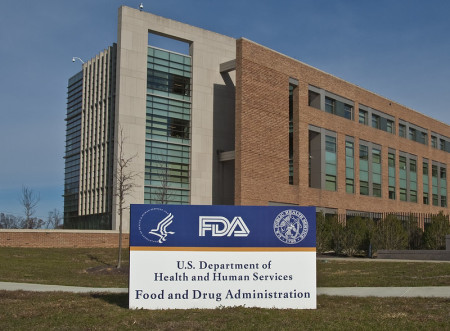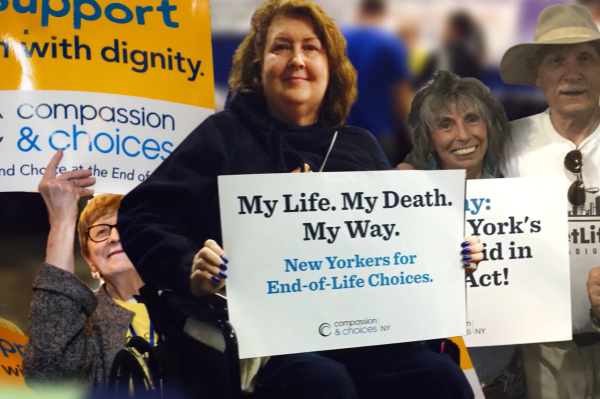Trump admin. petitions Supreme Court to restore FDA's abortion pill safety protocol

The Trump administration has asked the United States Supreme Court to lift an injunction on a federal rule requiring women to see a doctor before an abortion clinic dispenses abortion-inducing drugs.
Earlier this year, a federal judge issued a nationwide injunction against the Food & Drug Administration rule in response to a lawsuit brought by the American College of Obstetricians and Gynecologists, a group that has advocated for abortion on demand and abortion for minors without parental consent.
Jeffrey Wall, acting solicitor general with the U.S. Department of Justice, filed a request on Wednesday, asking the Supreme Court for a stay on the lower court injunction.
“The FDA has made, and continuously adhered to, the judgment that these requirements mitigate serious health risks associated with the drug, which can increase if the patient delays taking the drug or fails to receive proper counseling about possible complications,” the petition states in part.
“While the district court believed that the terms of its injunction would address those risks, there is no way to rectify the harms to patients if that judicial second-guessing of an expert agency’s judgment turns out to be wrong.”
The request also argued in part that the FDA rule did not greatly restrict abortion access, as claimed by the lower court, because overall access remains widespread.
“Given that surgical methods of abortion remain widely available, the enforcement of longstanding safety requirements for a medication abortion during the first ten weeks of pregnancy does not constitute a substantial obstacle to abortion access, even if the COVID-19 pandemic has made obtaining any method of abortion in person somewhat riskier,” the petition adds.
“[The Supreme Court] has made clear that judges are not to second-guess how officials address public-health concerns in areas of uncertainty, yet the district court dismissed the FDA’s expert judgment in favor of its own view that the safety requirements are medically unnecessary.”
In a medical abortion, women are given two drugs: mifepristone, also called RU-486, and misoprostol. Mifepristone works by blocking the effects of the pregnancy hormone progesterone while Misoprostol induces contractions and a miscarriage.
In May, the American College of Obstetricians and Gynecologists filed a lawsuit against the rule, arguing that it was medically unnecessary and inhibited abortion access during a time of COVID-19 lockdowns.
In July, U.S. District Judge Theodore Chuang of Maryland issued a nationwide injunction against the FDA's safety protocol, arguing that it interfered with access to abortion.
“Particularly in light of the limited timeframe during which a medication abortion or any abortion must occur, such infringement on the right to an abortion would constitute irreparable harm,” ruled Chuang.
“By causing certain patients to decide between forgoing or substantially delaying abortion care, or risking exposure to COVID-19 for themselves, their children, and family members, the In-Person Requirements present a serious burden to many abortion patients.”
As the U.S. and other countries enacted lockdowns to curb the spread of the novel coronavirus, debates and litigation arose over whether to allow abortion clinics to remain open while other medical practices were ordered to close.
Some states did not exempt abortion clinics from the lockdown orders, arguing that elective abortions did not constitute an essential service.
Earlier this month, the U.K.-based pro-abortion group Marie Stopes International released a report estimating that around 1.9 million women had their access to abortion and contraceptives blocked as a result of COVID-19 shutdowns from January to June.
Based on the 37 countries MSI operates in, the group claimed that these resulted in an additional 900,000 unintended pregnancies, 1.5 million unsafe abortions, and over 3,000 maternal deaths.





















